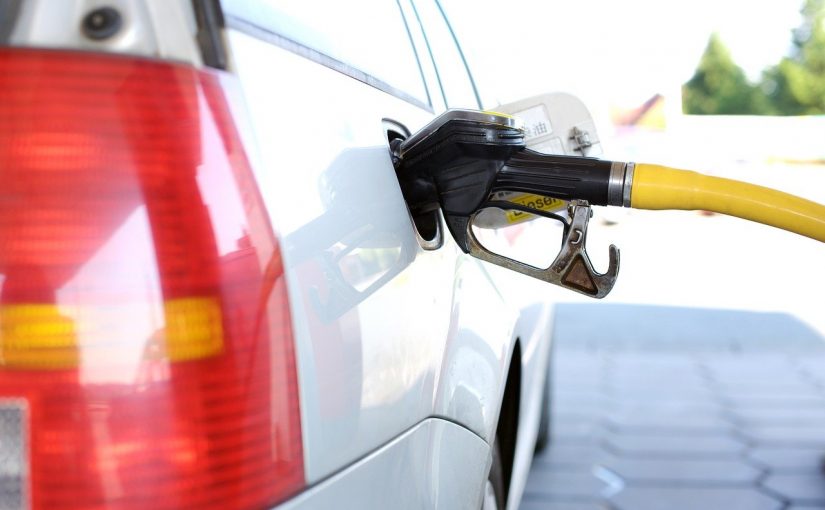Mozambique: Mining suspension awaits final decision from Ministry - AIM report
Mozambique: Fuel operators want further price hikes

File photo: eGlobal
Fuel operators in Mozambique want to increase fuel prices by more than 10 meticais. They say that the rise does not have to be imposed all at once, and suggest that readjustments to reduce the losses they have been registering, be imposed monthly.
It hasn’t even been 30 days since fuel became more expensive in Mozambique and it looks like more price hikes could be on the cards, if the Mozambican Association of Fuel Companies (AMEPETROL) manages to convince the Energy Regulatory Authority (ARENE) on the matter.
Ricardo Cumbe, speaking on behalf of AMEPETROL, explained that, this time, “according to our calculations, the price variation should be in two digits” – that is, above ten meticais.
Meanwhile, fuel operators are fully aware that Mozambicans do not have enough money to support such a sudden rise, especially in a context where the impact of the last rise is still affecting several sectors.
As a solution, the operators suggest that the government, through the Energy Regulatory Authority, carry out the application of the law which provides for the monthly update of the fuel prices chart, based on the variation in the international market over the previous two months.
However, Cumbe warns that the measure could still be suffocating, since “we don’t know how long this growing trend will last. Therefore, we have to be aware that there is a challenge related to the price of fuels”.
According to the AMETROPOL, this trend is not just linked to price rises due to the Russia-Ukraine conflict, not least because, at the moment, Brent crude [oil], which is what we use in Mozambique, is now being sold at US$100 US dollars per barrel, having even hit US$130 in the days immediately after the Russian attack.
The fact is, Cume explained: “Since October, consumer prices have remained static, when there were [already] conditions for an increase.”
The rise in prices did not take place, because the fuel operators and the government made an agreement based on which the operators would keep the price stable at domestic level and the executive would pay for the difference, through asort of subsidy – which didn’t happen. This led to the government accumulating a debt of around US$120 million to AMEPETROL. As a result, there is a risk that Mozambicans will be the main victims of this seemingly failed deal.
What may happen is that, even if the price of a barrel on the international market continues to fall, as is happening, the government may not lower prices, thereby offsetting its debt to fuel operators.
But this is a decision that AMEPETROL says would be up to the government itself to make. “This is where, in fact, the role of the government comes in, in the decision making, in the sense of what it intends to maintain in the country in the coming days – whether prices should fall or remain constant, to compensate for the period since October,” it says.
Furthermore, ‘O País’ has established that, of the 29 gas stations affiliated to AMEPETROL, less than 20 are importing fuel to sell in Mozambique, the others only importing for transit, which makes less revenue for the state.
The Energy Regulatory Authority promised to speak to ‘O País’ about what the future of fuel prices in Mozambique should be this Wednesday (13-04). In any case, the Chairman of the Board of Directors of ARENE, Paulo da Graça, had already acknowledged, in March, that the rise had been lower than expected.
Exemptions on fuel imports
The day before the announcement of the new prices, in March, the government decided to reduce port handling fees for diesel and gasoline by 5%; reduce by 60% logistics infrastructure costs for fuel destined for filling stations; reduce contributions to the stabilisation fund by 50%; reduce the margins of central storage facilities by 30%; reduce distributor margins by 15%; and reduce retailer’s margins by 15%.
These are costs which have a direct impact on fuel prices in the country, and reduce pressure on fuel importing companies.
Cheap fuel puts pressure on the metical
In the Bank of Mozambique’s last press conference, Governor Rogério Zandamela explained that low prices in Mozambique have been putting pressure on the level of international reserves, which could in turn cause the metical to lose value.
This happens if prices in Mozambique are managed so as not to exceed the real capacity of Mozambicans, while other countries in the region apply market prices.
As a result, transporters from these regions come to Mozambique to buy fuel [to export], and this causes the country to spend its reserves and foreign exchange to the benefit of others, which can create a shortage of US dollars in the country, thereby devaluing the metical.
By Afonso Chavo












Leave a Reply
Be the First to Comment!
You must be logged in to post a comment.
You must be logged in to post a comment.